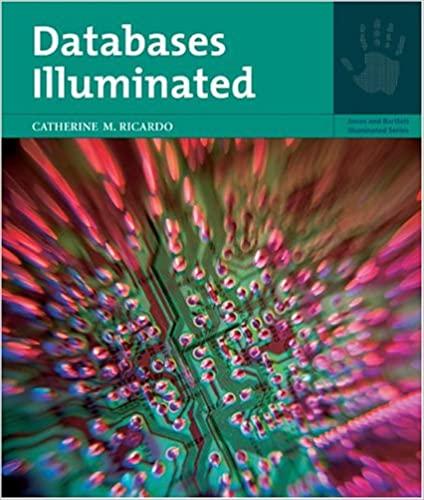Question
The 4th Amendment to the U.S. Constitution reads: The right of the people to be secure in their persons, houses, papers and effects, against unreasonable
The 4th Amendment to the U.S. Constitution reads:
The right of the people to be secure in their persons, houses, papers and effects, against unreasonable searches and seizures, shall not be violated, and no warrants shall issue, but on probable cause, supported by oath or affirmation, and particularly describing the place to be searched, and the persons or things to be searched.
For the most part, in order for police to enter a home in order to look for evidence of illegal activity they must have a warrant. However, there are exceptions to the warrant requirement. In other words, there are times when authorities may legally search your property without first obtaining a warrant.
Explain ONE legal exception to the warrant requirement. Give a specific example of the exception. Do you agree that the exception should be legal? Why or why not?
Step by Step Solution
There are 3 Steps involved in it
Step: 1

Get Instant Access to Expert-Tailored Solutions
See step-by-step solutions with expert insights and AI powered tools for academic success
Step: 2

Step: 3

Ace Your Homework with AI
Get the answers you need in no time with our AI-driven, step-by-step assistance
Get Started


